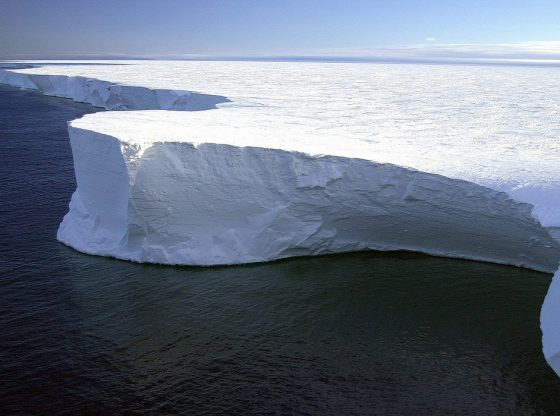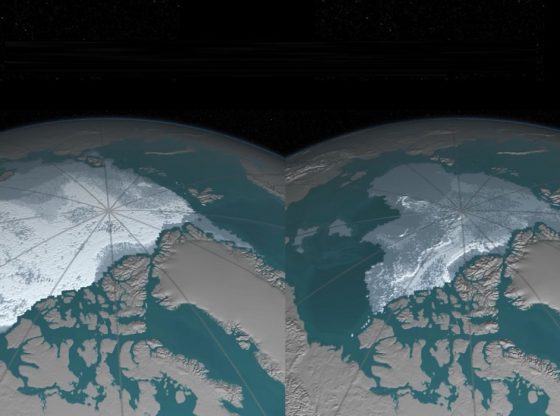Independent measurements made at Berkley University shows that the temperatures of the world’s oceans have risen twice as fast compared to previous estimates.
These findings are contentious, contradicting previous findings that ocean temperatures have leveled off, as reported in the 2013 UN IPCC report.
According to the new study, the temperature has risen by 0.12 degrees every decade since 2000, ie 0.05 degrees more than the previously estimated figure of 0.07 degrees. The data contradicts a clear decline of increasing water temperatures between 1998 and 2012.
The study does, however, confirm what the US weather agency NOAAs measurement that shows ocean temperatures to still be rising. A NOAA analysis from 2015 suggests the probable reason for contradicting data to be caused by different means of measurement. The ocean buoys that are in use today to measure ocean temperatures report slightly lower temperatures than the older boat based systems.
According to NOAA, the replacement of measurements via buoys instead of boats, have hidden the actual impact of global warming. The buoys report colder temperatures due to direct measurement of water temperatures, unaffected by external factors, such as a warm boat engine.
And now the new study by researchers at Berkley confirms the NOAA analysis by reconstructing temperatures of what is now considered a safer source of measurement. Independent data from satellites and autonomous instruments and buoys.
The contracting data have been used by climate skeptics, who have claimed that the warming of the oceans has stalled. The new study shows that there has been no “slow-down” and that the upward curve of rising temperatures that we have seen the latter half of the 1900s has continued for the first 15 years of the 2000s.
Reference:
Zeke Hausfather, Kevin Cowtan, David C. Clarke Assessing recent warming using instrumentally homogeneous sea surface temperature records DOI: 10.1126/sciadv.1601207
Global warming hiatus disproved — again












![OpenAI. (2025). ChatGPT [Large language model]. https://chatgpt.com](https://www.illustratedcuriosity.com/files/media/55136/b1b0b614-5b72-486c-901d-ff244549d67a-350x260.webp)
![OpenAI. (2025). ChatGPT [Large language model]. https://chatgpt.com](https://www.illustratedcuriosity.com/files/media/55124/79bc18fa-f616-4951-856f-cc724ad5d497-350x260.webp)
![OpenAI. (2025). ChatGPT [Large language model]. https://chatgpt.com](https://www.illustratedcuriosity.com/files/media/55099/2638a982-b4de-4913-8a1c-1479df352bf3-350x260.webp)








